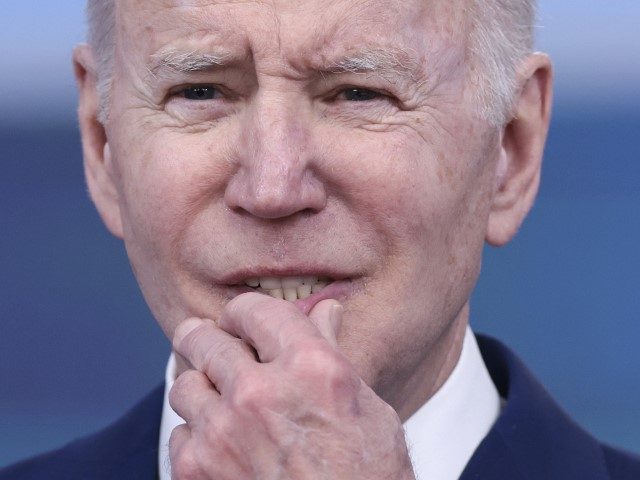U.S. consumer confidence unexpectedly fell in April as views on current conditions turned a bit grimmer amid signs that inflation continues to surge.
The Conference Board’s index of consumer confidence declined to 107.3 from an upwardly revised 107.6 reading in March. The median forecast in a Dow Jones survey of economists called for the reading to rebound to 108.5.
“Consumer confidence fell slightly in April, after a modest increase in March,” said Lynn Franco, Senior Director of Economic Indicators at The Conference Board. “The Present Situation Index declined, but remains quite high, suggesting the economy continued to expand in early Q2. Expectations, while still weak, did not deteriorate further amid high prices, especially at the gas pump, and the war in Ukraine. Vacation intentions cooled but intentions to buy big-ticket items like automobiles and many appliances rose somewhat.”
The present situation index jumped higher a month ago and gave back only a portion of that gain in April. By contrast the expectations index–based on consumers’ short-term outlook for income, business, and labor market conditions—declined in March and stayed low, showing no signs of a recovery of hope.
“Still, purchasing intentions are down overall from recent levels as interest rates have begun rising. Meanwhile, concerns about inflation retreated from an all-time high in March but remained elevated. Looking ahead, inflation and the war in Ukraine will continue to pose downside risks to confidence and may further curb consumer spending this year,” Franco said.
The share of consumers who say jobs are plentiful fell to 55.2 percent from the downwardly revised 56.7 percent. At a press conference following the March meeting of the Federal Open Market Committee, Fed chair Jerome Powell said the labor market’s tightness was already “unhealthy.” Too tight of a labor market is seen as a driver of inflation.
By subscribing, you agree to our terms of use & privacy policy. You will receive email marketing messages from Breitbart News Network to the email you provide. You may unsubscribe at any time.
Consumers were mixed about the short-term labor market outlook. The share of consumers expecting more jobs to be available in the months ahead fell to 17.4 from 17.6 in March and 19.4 percent in February. The share expecting fewer jobs rose to 18.9 percent from 18.0 percent in March.
Views of business conditions remain tilted toward the negative, although the gap between good and bad assessments narrowed for the second consecutive month. The share of consumers saying business conditions are bad edged up to 21.9 percent from 21.14 percent, while the share saying conditions are good rose to 20.8 percent from 19.6 percent.
And consumers were pessimistic about the short-term prospects for business conditions for the second straight month. The share expecting worse business conditions six months from now fell to 21.8 percent from 24.1 percent. The share expecting improvement also fell, declining to 18.1 percent from 19.0 percent.
Consumers were mixed about their short-term financial prospects. Those expecting increased income moved up slightly from 16.5 percent to 15.1 percent. Those expecting a decline in their income ticked up to 13.8 percent from 13.7 percent.

COMMENTS
Please let us know if you're having issues with commenting.